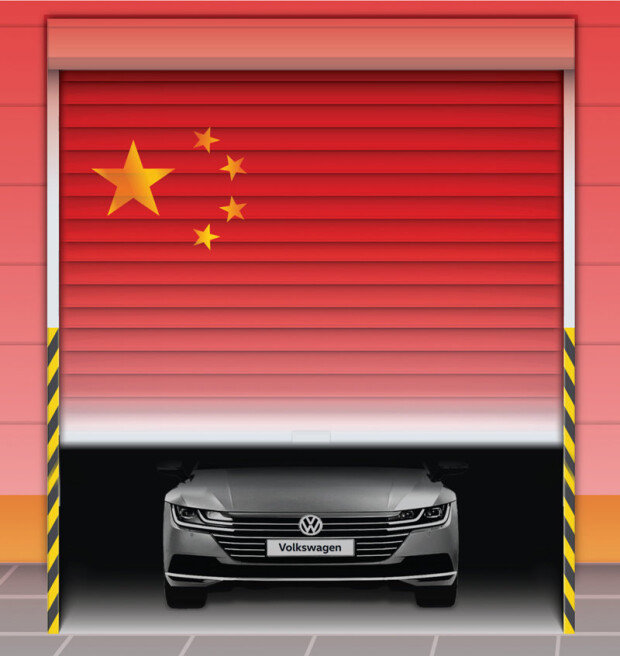Volkswagen considers first plant closure in Germany
Volkswagen considers first plant closure in Germany
Posted September. 04, 2024 07:55,
Updated September. 04, 2024 07:55

Volkswagen Group, the cornerstone of Germany's automotive industry, is reportedly considering the unprecedented closure of a factory in its home country for the first time in its 87-year history. The move is a response to mounting pressures from rising energy costs exacerbated by the war in Ukraine, coupled with the growing competition from Chinese electric vehicles.
This would mark only the second time Volkswagen has ever shut down a factory, the first being 36 years ago in Westmoreland, the U.S. The German automaker, which has never closed a factory in Germany since its founding in 1937, now finds itself under siege by the very Chinese auto market it once dominated.
According to reports from Handelsblatt and other local media on Monday, Volkswagen Group CEO Oliver Blume issued a statement acknowledging the severe challenges currently facing the automotive industry. "The automotive industry is in a very demanding and serious situation. Comprehensive restructuring is necessary, and we can no longer rule out the possibility of plant closing," Blume said.
Volkswagen, which operates six factories in Germany—including major sites in Wolfsburg, Braunschweig, and Salzgitter—is reportedly considering shutting down one vehicle manufacturing plant and one components factory. The management has also indicated plans to end the "employment guarantee agreement," which ensures job security for all employees until 2029, signaling a broader restructuring plan. As of the end of last year, Volkswagen Group employed 684,025 people worldwide, with 298,687 (43.7%) of them based in Germany.
Local media outlet Der Spiegel estimated that such a move could result in the loss of around 20,000 jobs in Germany. The labor side is strongly opposed. "The board is questioning what we have agreed on for decades: that profitability and job security are of equal ranking at VW,” said Daniela Cavallo, Chair of the Works Council, criticizing the management's approach, calling it “an attack on our agreement, locations, and collective agreements.”
Moreover, the manufacturing environment in Germany, where the Mother Factory (key production facility) is located, has also become a burden. Following the war in Ukraine, the rising energy costs have added pressure, and in the first quarter of the year, the real wage growth rate compared to the same period last year reached a historic high of 3.8% in Germany, putting sustained cost pressures on the German automaker. "As a manufacturing hub, Germany is increasingly losing its competitive edge,” CEO Blume said.
Jae-Hyeng Kim monami@donga.com
Headline News
- N. Korea reveals HEU production facility for the first time
- Kimpo Airport suffers another Leak, just two weeks after repairs
- Court: First Lady’s brokerage accounts used for stock price manipulation
- Trump’s lies about immigrants eating dogs instigate bomb threat
- India’s first major leaguer Roker puts on ‘7K show’ in debut







